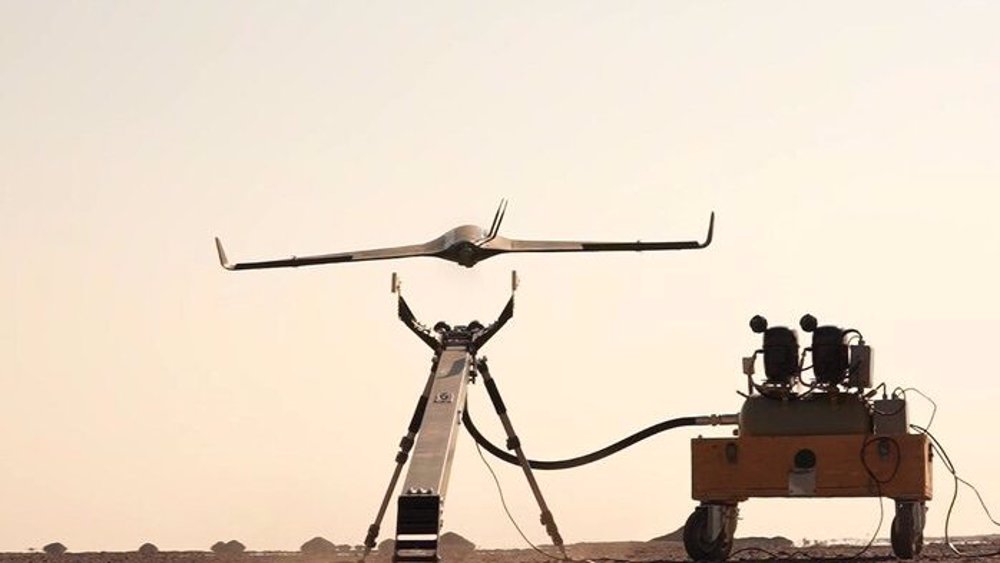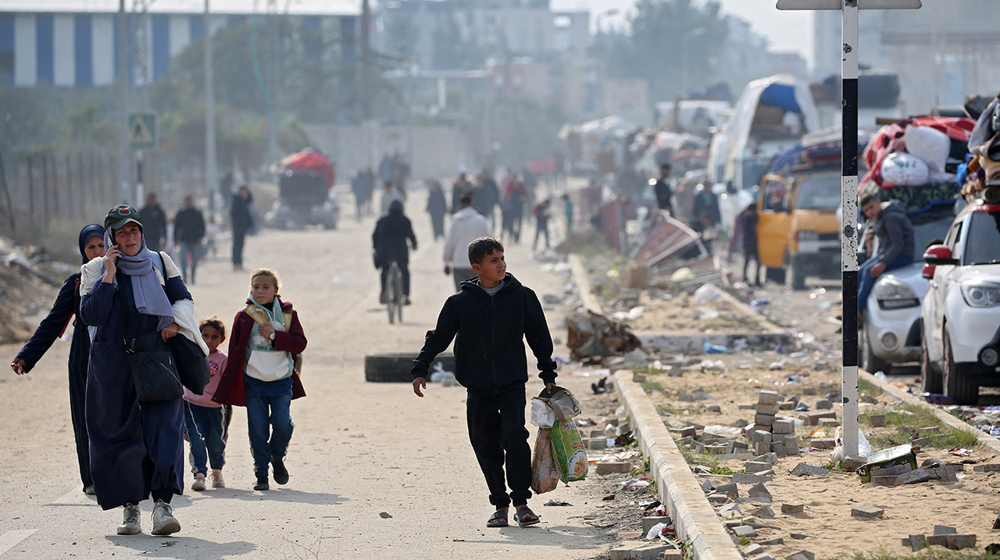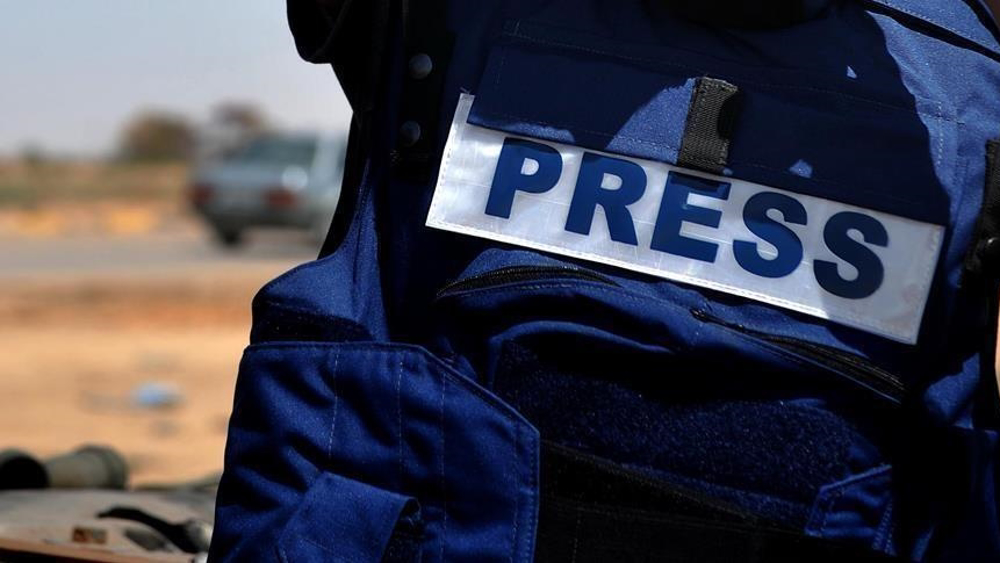Iran Foreign Ministry hopes US won’t make ‘strategic mistake’ about IRGC
The Iranian Foreign Ministry says it hopes the United States would not make the “strategic mistake” of designating the Islamic Revolution Guards Corps (IRGC) a “terrorist” organization; otherwise, it would have to be ready to face the consequences.
Speaking at the Foreign Ministry’s press briefing on Monday, Spokesman Bahram Qassemi said he hoped rationality would prevail in the US establishment and no such designation would take place.
“If, however, they (US officials) move toward making that decision, Iran’s response would definitely be firm, severe, and harsh, and in that case, I think the US would have to accept all responsibility for the decision,” Qassemi said.
He stressed that the Iranian response would come at the appropriate time and if the US proceeded to make such a decision.
On Sunday, Major General Mohammad Ali Jafari, the chief commander of the IRGC, warned that if the US designated the force as a “terrorist” organization, Iran would consider US troops as equal to Daesh terrorists and treat them accordingly.
Iran-Turkey cooperation on Syria
Responding to a question about cooperation between Iran and Turkey regarding the Syrian conflict, Qassemi confirmed that Tehran and Ankara largely consulted with one another.
The two countries, he said, make the necessary consultations on a timely and regular basis.
Turkish President Recep Tayyip Erdogan traveled to Iran last Wednesday, meeting with Leader of the Islamic Revolution Ayatollah Seyyed Ali Khamenei and President Hassan Rouhani. Earlier, Turkish Chief of General Staff Hulusi Akar had visited Tehran to meet with Iranian officials, including Chief of Staff of the Iranian Armed Forces Major General Mohammad Baqeri.
‘Iran to wait and see US action on nuclear deal’
Qassemi was also asked about reports coming out of Washington that President Donald Trump may be about to “decertify” Iranian compliance with a 2015 multilateral deal.
He said briefly that Iran would wait and see what action the US government would eventually take.
He did say however that European governments have informed Tehran that they would continue their cooperation with the Islamic Republic, apparently referring to trade ties.
He reiterated once again that Iran’s missile defense program was non-negotiable and was not in contravention of Resolution 2231, which endorsed the multilateral Iran deal.
Trump has long railed against the Iran deal and has repeatedly attempted to undermine the agreement. He reportedly plans to refuse to certify Iran's compliance to the US Congress under an American law. That would set in motion a process in Congress to decide whether to stop waiving nuclear-related sanctions against Iran, which would be a violation of the deal.
Foreign Minister Mohammad Javad Zarif has said that Tehran would not rush to scrap the deal if Washington chose to unilaterally walk away from the agreement and would wait to see how Europe would react, among other things.
A European official recently said Europe would not renege on the deal even if the US did.
“We will not follow the United States in reneging on our international obligations with this deal,” said the official. “Not the E-3, nor the rest of the 28” members of the EU, he added, referring to France, the United Kingdom, and Germany, the three European parties to the deal with Iran.
Separately, a reporter asked Qassemi about Trump’s most recent anti-Iran remarks.
Speaking to the Trinity Broadcasting Network (TBN) in an interview that aired on Saturday night, Trump said, “I can tell you I’m very unhappy with the [Iran] deal… They're literally causing trouble, predominantly in the Middle East. I believe they’re funding North Korea.”
Qassemi said the accusations against Iran regarding its regional behavior and missile program, the nuclear deal, and Iranian relations with North Korea were “irrelevant, void, and false.”
“One of the new US administration’s strategic mistakes is that it makes irrelevant comments without the necessary knowledge and prudence,… which I think will ultimately be detrimental to the interests of the American people and government,” Qassemi said.
US officials say Iran has been in “technical compliance” with the nuclear deal but claim that the Islamic Republic is in default of the “spirit” of the agreement by engaging in missile activities and what they say is meddling in the affairs of regional countries.
Iran rejects those allegations, stressing that its missile work is an internal matter and that its activities in the region are meant to help regional governments battle terrorism.
Furthermore, the deal is strictly about the Iranian nuclear program, and observers say unrelated issues cannot constitute its “spirit” — as the Trump administration would like to frame it.

Iran’s Army makes grand advances in electronic warfare, AI: General Bagheri

Iran rejects Trump’s plan to forcibly displace Gazans from ‘homeland’

IRIB head confirms journalist held by Israeli forces in occupied territories
Israeli forces continue to attack Palestinians despite ceasefire
VIDEO | Jordan firmly rejects Trump’s proposal to relocate Gazans
VIDEO | Israel defeat in Gaza
US tech billionaires lost almost $100 billion in stock market selloff
Protesters attack US, French embassies in Congo Kinshasa
Israeli airstrikes injure over a dozen in Lebanon’s Nabatieh
Iran reports major increase in water levels at Lake Urmia
Hind Rajab Foundation chief sues Israeli minister for ‘terrorist threats’












 This makes it easy to access the Press TV website
This makes it easy to access the Press TV website